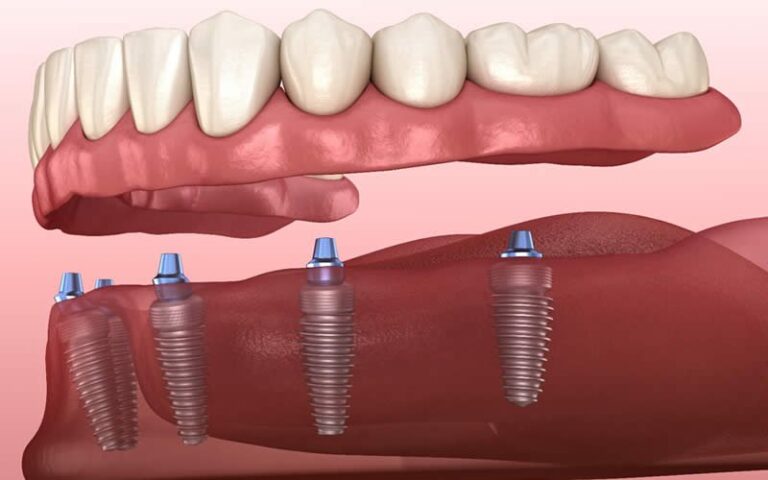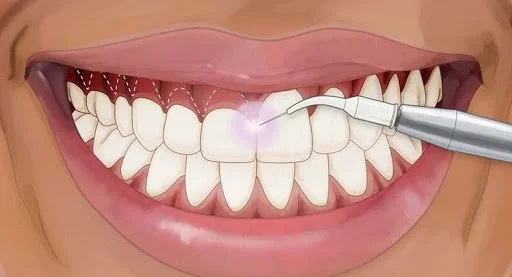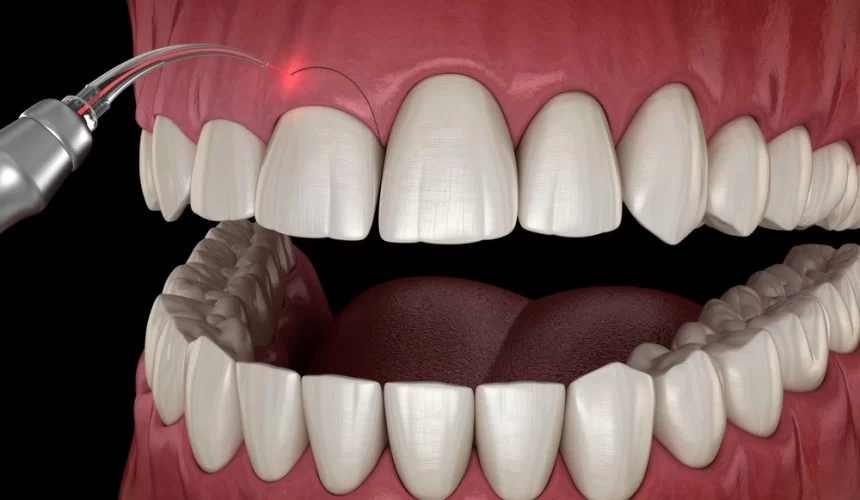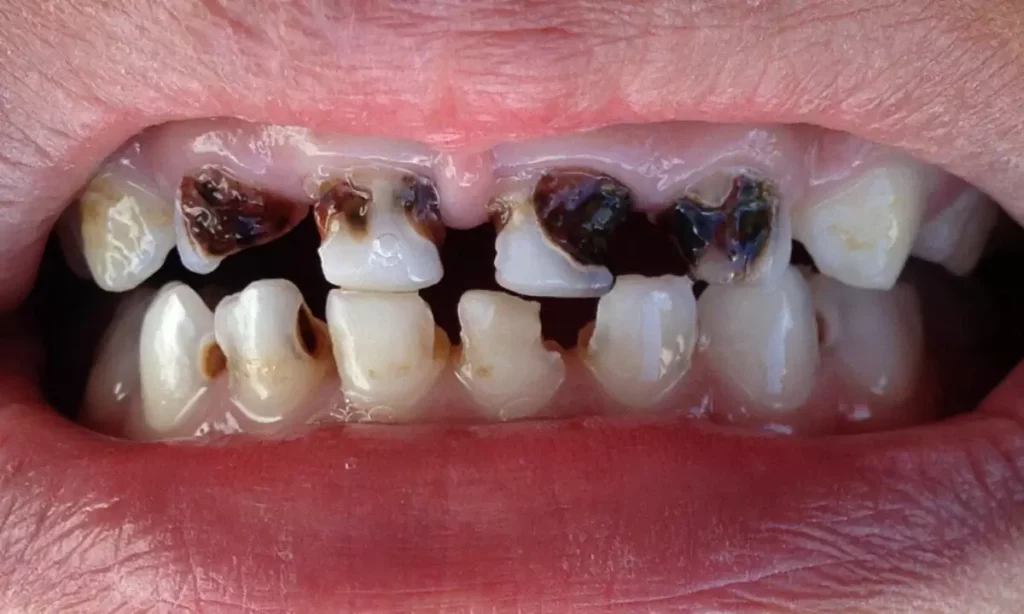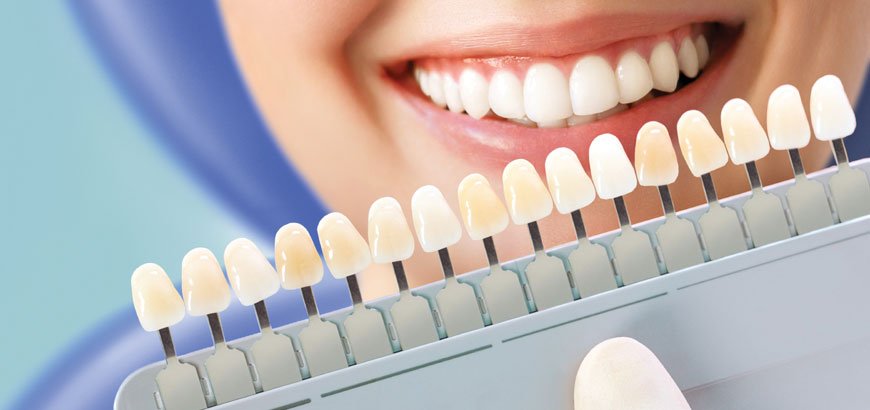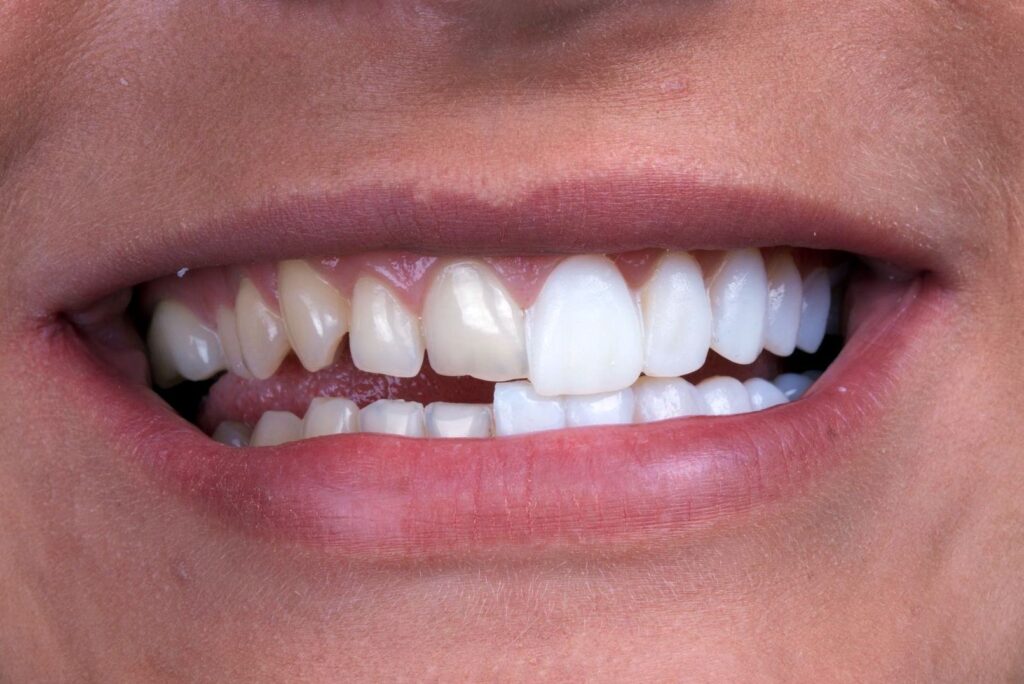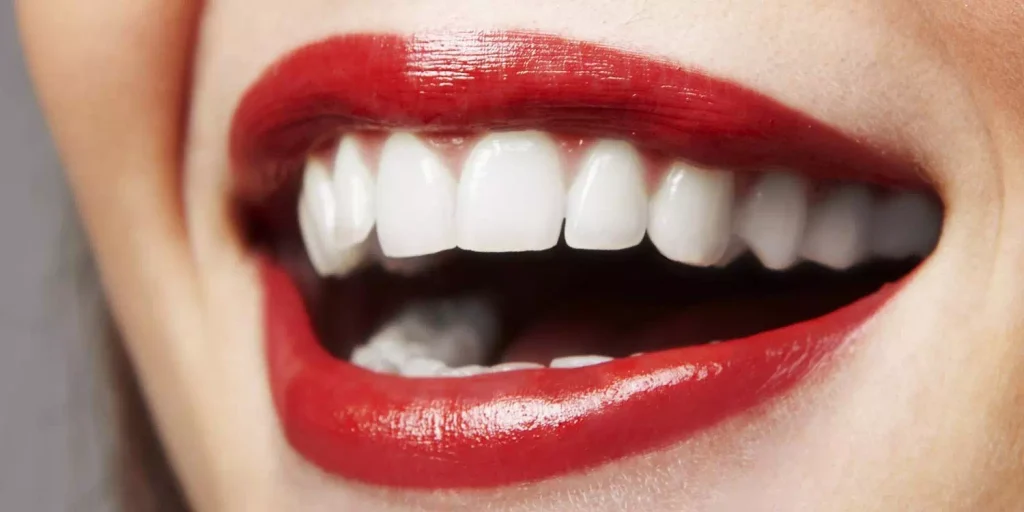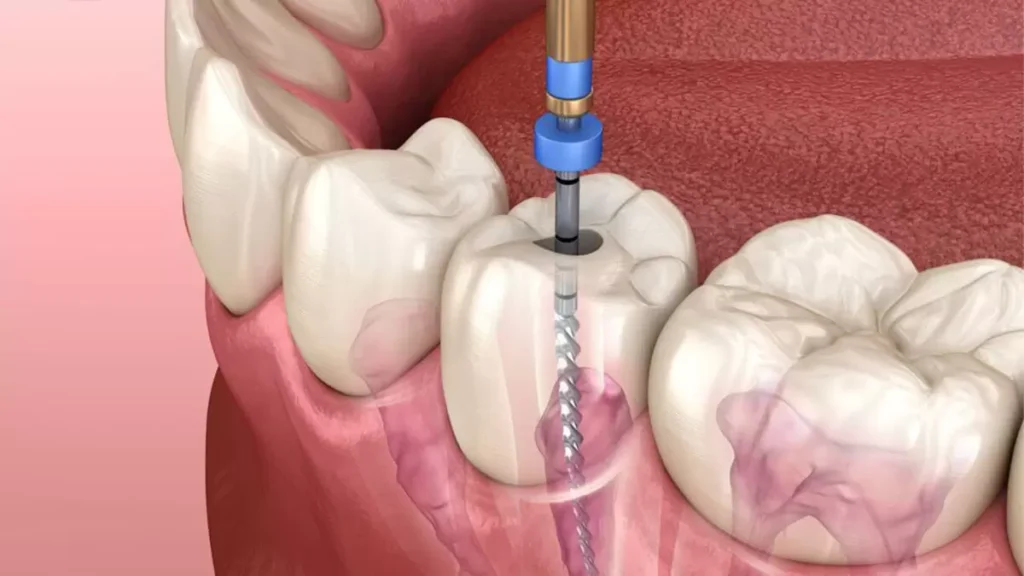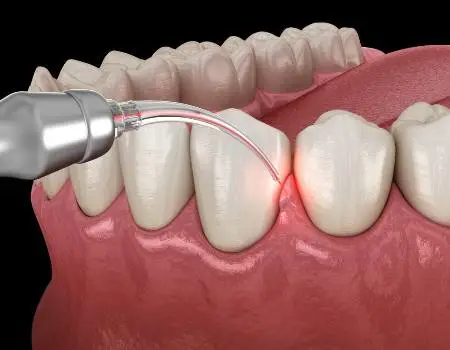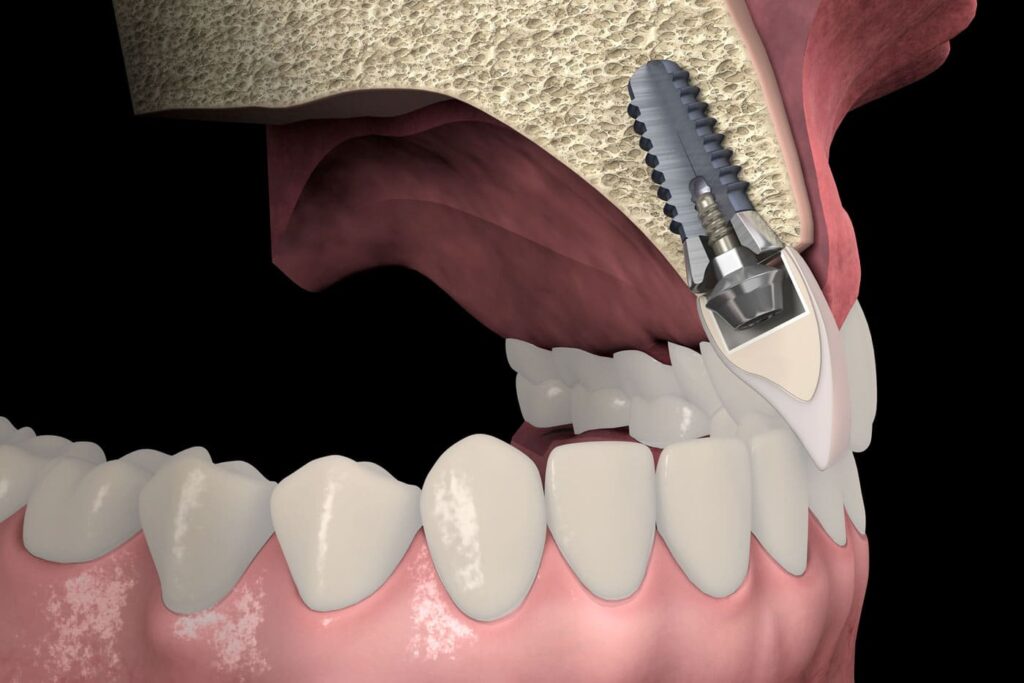Implant treatment is possible for smokers, but it comes with unique challenges and risks. Smoking can significantly impact the healing process and overall success of the procedure. To ensure the best outcomes, smokers need to take additional precautions and follow specific guidelines during their implant treatment journey.
How Smoking Affects Implant Treatment
- Delayed Healing
Smoking reduces blood circulation in the mouth, hindering the bone’s ability to heal and integrate with the implant (osseointegration). This slows the recovery process and increases the risk of complications. - Higher Risk of Infection
Smoking alters the balance of bacteria in the mouth and weakens the immune system. This increases the likelihood of infections around the implant site, which can compromise treatment success. - Reduced Success Rate
Smokers face a higher risk of implant failure compared to non-smokers. Heavy smoking, in particular, can interfere with the body’s ability to effectively integrate implants, lowering their long-term success rate. - Gum and Bone Health Issues
Smoking increases the likelihood of gum disease and can lead to gum recession and bone loss around the implant site. These conditions weaken the foundation of the implant, increasing the risk of loosening or failure.
Recommendations for Smokers Undergoing Implant Treatment
- Cut Down on Smoking
Reducing or ideally stopping smoking before implant surgery can significantly enhance healing. Quitting several weeks prior to treatment improves blood flow and increases the chances of a successful outcome. - Avoid Smoking Post-Surgery
The recovery period is critical. Smoking should be avoided, particularly for 2-3 weeks following implant placement, as this is when healing and osseointegration are most vulnerable. - Maintain Excellent Oral Hygiene
Smokers should be diligent about oral care, including brushing, flossing, and cleaning around the implant site. Proper hygiene minimizes the risk of infection and improves overall oral health. Regular dental check-ups are essential to monitor progress. - Explore Advanced Implant Solutions
Some advanced implant technologies and materials are designed to better accommodate smokers. Treatments such as laser therapy and tissue-healing techniques can speed up recovery. Specialized implant materials may also provide greater durability for smokers. - Consider Additional Support
In some cases, placing multiple implants or using supportive methods can help reinforce the foundation of the treatment. This approach compensates for the potential impact of smoking on bone and gum stability.
Conclusion
While smoking poses challenges to implant treatment, success is still achievable with careful planning and commitment. Reducing or eliminating smoking, particularly before and after surgery, significantly improves outcomes. Combining proper oral hygiene, advanced treatment options, and regular follow-ups with your dentist ensures a more favorable result.
By taking these steps, smokers can restore their smiles and enjoy the long-term benefits of dental implants.
